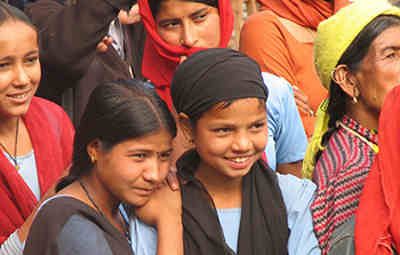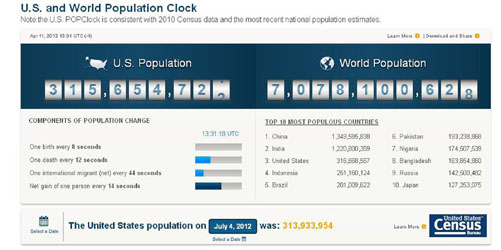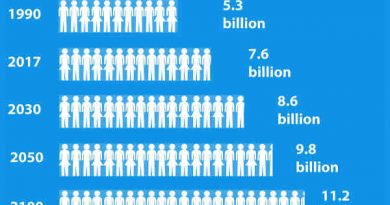World Population Day: Focus on Teenage Girls

In 1989, the Governing Council of the United Nations Development Programme (UNDP) recommended that 11 July be observed by the international community as World Population Day, a day to focus attention on the urgency and importance of population issues. The theme for 2016 is ‘Investing in teenage girls.’
According to the United Nations, teenage girls around the world face enormous challenges. Many are considered by their communities or parents to be ready for marriage and motherhood. Many are forced from school, damaging their future prospects.
[ Is Abnormal Population Growth a Curse for India? ]
“Leaders and communities must focus on and stand up for the human rights of the most marginalized teenage girls, particularly those who are poor, out of school, exploited, or subjected to harmful traditional practices, including child marriage,” UNFPA (United Nations Population Fund) executive director Dr. Babatunde Osotimehin said.
“Marginalized girls are vulnerable to poor reproductive health and more likely to become mothers while still children themselves. They have a right to understand and control their own bodies and shape their own lives.”
[ Education Dilemma: Let Us Save the Lives of Our School Children ]
Even among girls who stay in school, the UN says, access to basic information about their health, human rights, and reproductive rights can be hard to come by, leaving them vulnerable to illness, injury and exploitation. These challenges are exacerbated among marginalized girls, such as members of ethnic minorities or those living in poverty or remote areas.
Yet when teenage girls are empowered, when they know about their rights and are given the tools to succeed, they become agents of positive change in their communities.
[ Female Genital Mutilation on the Rise: Report ]
UNFPA’s programmes aim to end child marriage, curb adolescent pregnancy, and to empower girls to make informed choices about their health and lives.
In 2015 alone, UNFPA programmes helped 11.2 million girls between ages 10 and 19 gain access to sexual and reproductive health services and information.




